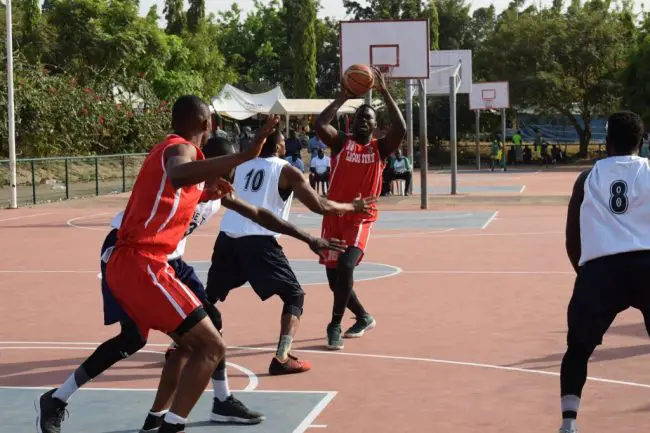Sport is part of physical culture. A person seeks to expand the boundaries of his capabilities in it; this is a huge world of emotions generated by successes and failures, the most popular sight, an effective means of education and self-education of a person, it contains a complex process of interhuman relations. Physical development is closely related to human health. Health acts as a leading factor that determines not only the harmonious development of a person but also the success of mastering the profession, the fruitfulness of future professional activities, which makes up the general well-being in life.
Students are at risk
Motor activity is especially important for students, as long sitting classes in classrooms do not allow oxygen saturation of the brain, contribute to the accumulation of various diseases. During the day, the student has a long and intense work of the central nervous system, combined with the influence of the factor of physical inactivity and hypokinesia, which contribute to the formation of a specific morphofunctional status of the body, characterized by a decrease in the activity of functional systems.
The consequences of mental fatigue can be various diseases, especially the nervous and cardiovascular systems. It is good that there are a lot of services providing assistance to students. A team of professional and reliable essay writers for hire can complete the assignment of any complexity in a short time and at an affordable price. This, of course, makes life a little easier for students, but still, by the end of the day, student fatigue increases due to stressful workloads with insufficient sleep and malnutrition. The awkward posture of students leads to static tension of the postural muscles, which entails functional disorders of a number of body systems.
The effect of sports on the student’s body
The inclusion of sport in educational activities creates favorable conditions for smoothing the negative effects of environmental conditions on the physical and psychological state of students. An optimally selected mode of motor activity, physical exercises, have a positive effect on mental processes, the formation of mental resistance to intense intellectual activity.
Thus, the essence of the influence of sport on the human body consists of the following:
- Even relatively simple movements are carried out with the participation of a large number of muscles, which in turn stimulate the central nervous system, maintaining the efficiency of the nerve centers;
- Under the influence of physical exercises, there are positive changes in the mental performance of students;
- Daily hourly exercises in gymnastics, athletics, sports games, especially in the fresh air, contribute to maintaining high mental performance and have a positive effect on student success;
- Physical activity is a means of active rest from mental stress;
- Changing the work of some muscles by others is better for restoring strength than inaction.
The Impact of Sports on Student Grades
According to L. J. Stephens & L. A. Schaben, the connection of physical exercises with the general tasks of the educational system of the university is due to the fact that they serve to increase the professional level and performance of students, their development of educational disciplines. And there are two main reasons for this:
- In the process of performing physical exercises, a ‘dominant movement’ arises in the cerebral cortex, which has a beneficial effect on the state of the muscular, respiratory, and cardiovascular systems, and raises the tone of the whole organism. During outdoor activities, this dominant contributes to the active course of recovery processes. A person must himself develop a constant habit of exercising in order to ensure a harmonious balance between mental and physical stress;
- During mental work, closed excitation cycles are formed in the cerebral cortex, which is distinguished by great persistence and inertness. The system, organs, and muscles of a person with prolonged mental work stop serving as a source of impulses to the brain, which is the mechanism of self-regulation of the nervous system. They become a source of monotonous sensory impulses. To limit the formation of monotonous tension of the nervous system, a change in labor activity is necessary. Muscles make up of 35-55% of the total mass of a person. When contracting, they create a large number of nerve impulses that enrich the brain with a stream of sensations, maintain its tone and performance. In short, with the help of impulses from the muscles, active self-regulation of the brain occurs. This explains why mental performance is inseparable from the general state of health, and what a huge role physical culture plays in this process.
Means of Physical Culture
Any physical activity can be attributed to physical culture, starting with a walk, jogging, performing an elementary complex of physical exercises, and ending with regular classes in a sports or gym. Physical culture means also includes a sanitary-hygienic situation, a regimen of sleep, work and rest, and nutrition.
For example, a morning gymnastics is an effective form of the accelerated inclusion of students in the workday. It accelerates the bringing of the body to a healthy state, enhances the flow of blood and lymph in all parts of the body, and speeds up breathing, which activates the metabolism and quickly removes the decay products accumulated overnight.
Thus, regular physical training and sports contribute to improving student performance and also are considered as a universal tool that can help everyone withstand the intense rhythm of life, neuropsychic overload, including mental work.





